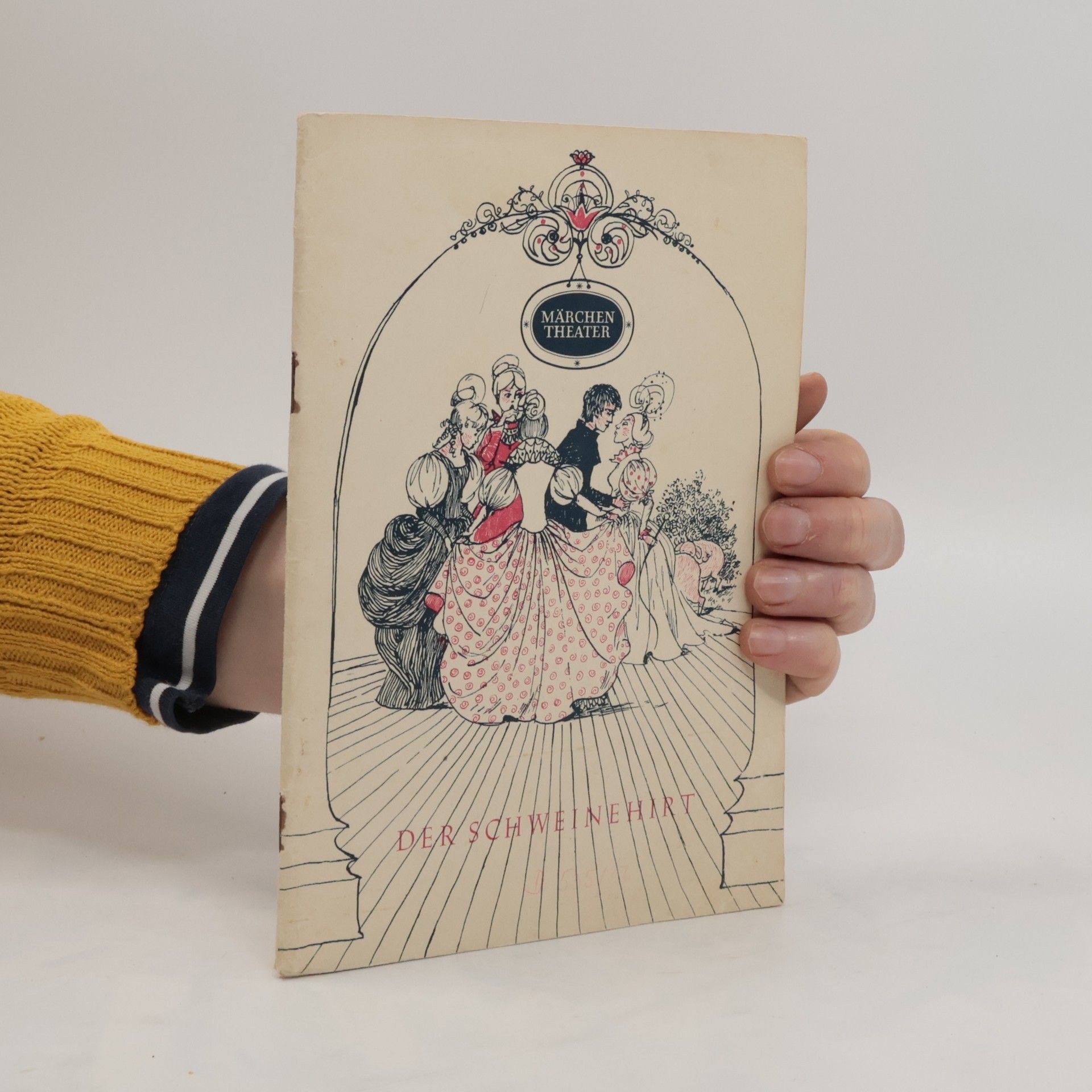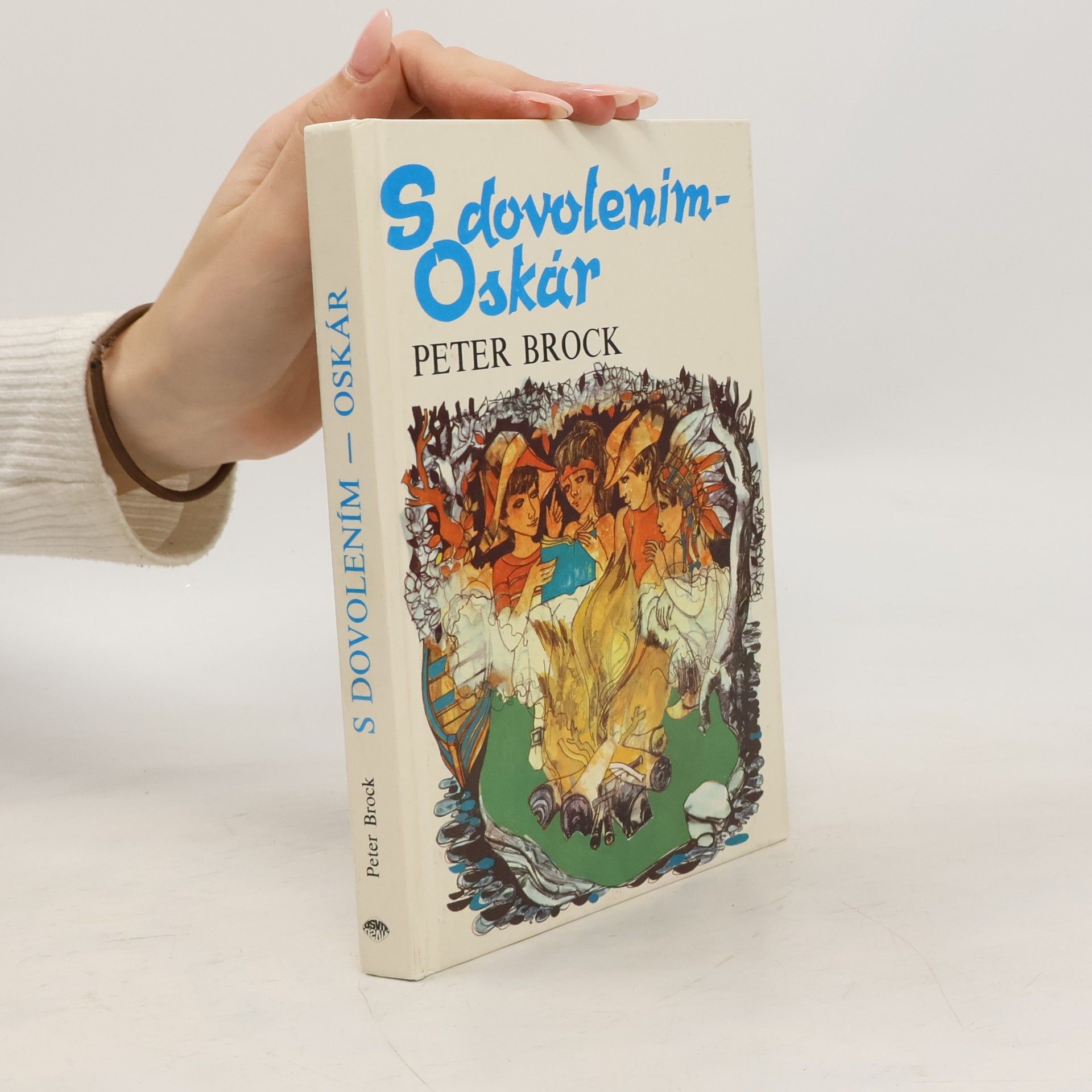Peter Brock Book order (chronological)
- Peter Korb






Das schöne Fräulein Li
- 204 pages
- 8 hours of reading
Berlin 1922: Auf der Oberbaumbrücke wird die Leiche eines jungen Chinesen gefunden, der brutal zu Tode geprügelt wurde. Der anfangs nur wenig beachtete Fall gewinnt an Brisanz, als kurze Zeit später drei weitere Morde an Chinesen verübt werden, die in der Bevölkerung für Aufregung und Entrüstung sorgen. Kommissar Hermann Kappe begibt sich auf Spurensuche und wagt sich dabei in die exotische Welt der Berliner Chinesen vor, an deren Lebensart und Kultur er zunehmend Gefallen findet. Besonders fasziniert ist er von der Nichte eines chinesischen Großhändlers, der möglicherweise in die Mordserie verstrickt ist. Das bezaubernde Fräulein Li bringt sein bisheriges Leben gehörig ins Wanken.
Die Aufsehen erregendsten Berliner Kriminalfälle der vergangenen Jahre stellen die Journalisten der Berliner Zeitung in diesem Buch vor. Sie haben die Taten aufwändig recherchiert, haben mit Ermittlern und Rechtsmedizinern, mit Anwälten, Tätern und Angehörigen der Opfer gesprochen.§§So geben ihre Reportagen, die bereits mit großem Erfolg als Serie in der Berliner Zeitung erschienen sind, ein umfassendes Bild von den Geschehnissen.
Berliner Straßen neu entdecken
- 207 pages
- 8 hours of reading
Slovenské národné obrodenie 1787 - 1847
- 192 pages
- 7 hours of reading
K vzniku modernej slovenskej identity. Kanadský historik, emeritný profesor na univerzite v Toronte, sa v tejto monografii venuje formovaniu moderného národa na etnickej báze. Oboznamuje v nej čitateľov, ako sa slovenská národná idea vyčleňovala z uhorského, resp. československého celku a ako sa z číreho etnického povedomia postupne vytvárala moderná slovenská identita, ideológia a kultúra. Latinské citáty preložila Daniela Hrnčiarová Doslov napísal Rudolf Chmel Prvé vydanie.
Mahatma Gandhi as a Linguistic Nationalist
- 100 pages
- 4 hours of reading
Study of Gandhi's ideas on language, region and Indian nation







